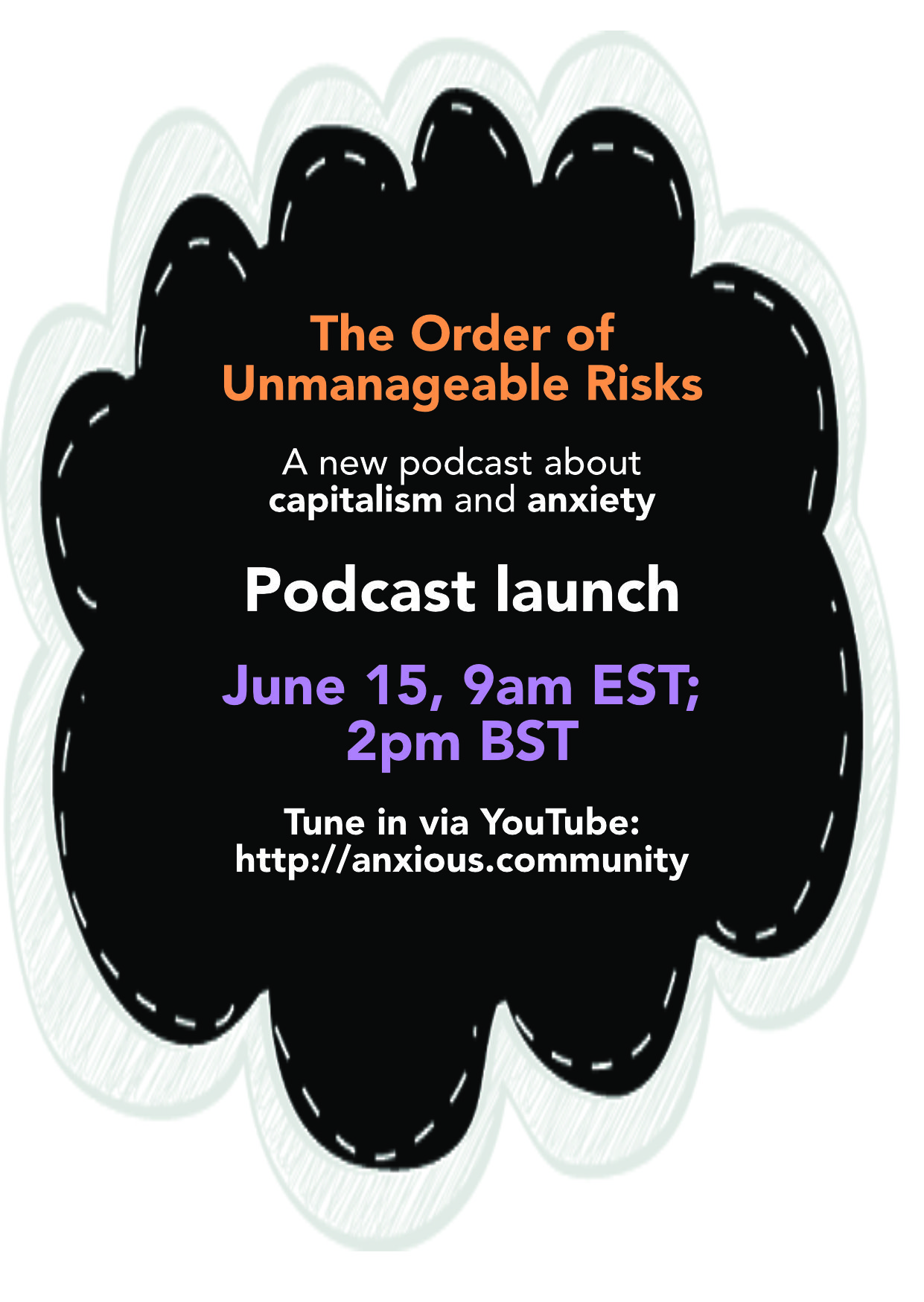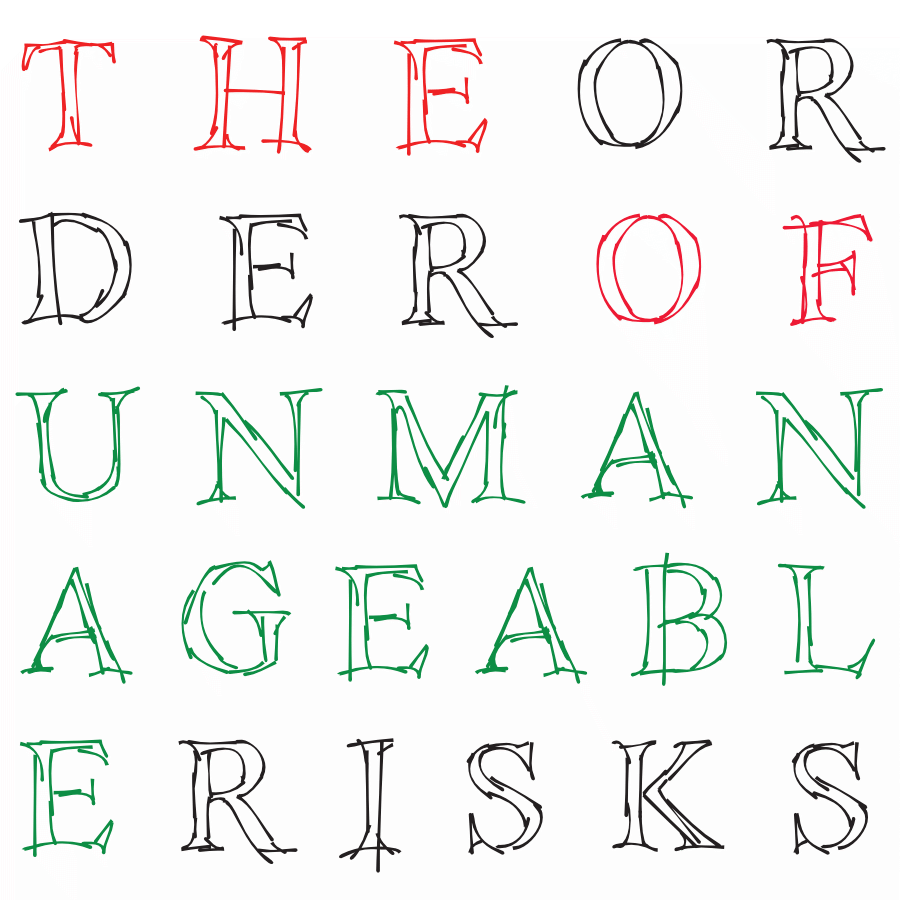Anxiety and self-sabotage in the neoliberal university
In this chapter, we ask a series of speculative questions about the subterranean cultural politics of anxiety in the neoliberal university. What will, or what can, come after the ‘financialised subject’ that has been the topic of our collective inquiries now for some years? Is it possible that financialised capitalism might inadvertently be generating a countervailing force at the level of subjecthood? And, if so, then what are the prospects that such subjects might recognise their commonality and band together to challenge the conditions of their misery? Would we critical scholars, who have trained ourselves to look to a now-familiar repertoire of protest tactics and rhetoric, be able to recognise their resistance and rebellion if it took unexpected new forms? By posing these questions, we are seeking the contours of a range of emergent political subjecthoods whose imaginings are fundamentally shaped by financialisation, but that also strive to exceed it. We focus, specifically, on university students’ inchoate practices of resistance to the neoliberal university through anxious disengagement, practices that we suggest might be understood as forms of sabotage against an unacceptable future of financialised extraction and anxiety for which the university strives to prepare them. Our argument is that what appears to be ‘self-sabotaging’ behaviour can be fruitfully interpreted as a form of nascent rebellion, an expression of collective refusal of the conditions faced by students in universities today.






